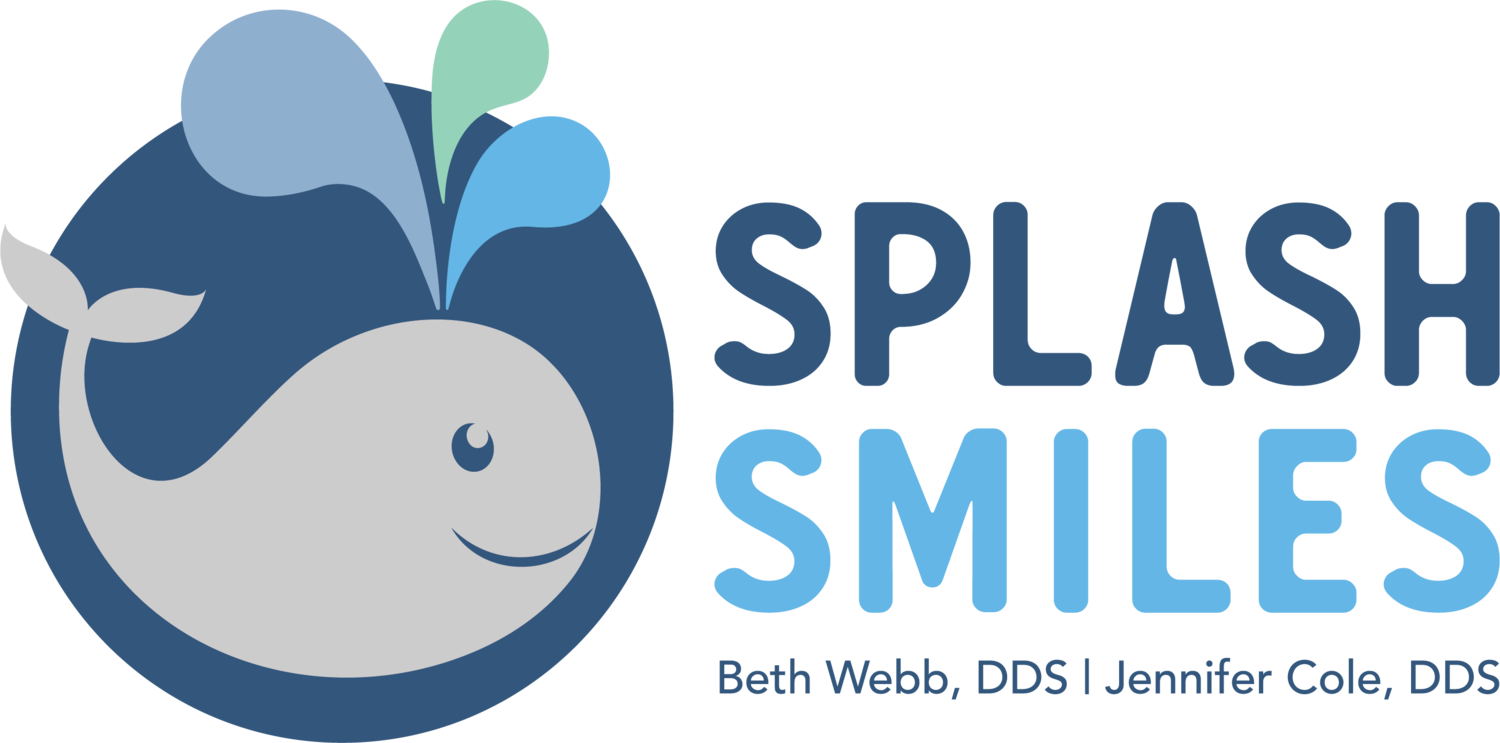
First Visit
On your child’s first visit, you and your child will be introduced to our staff and you’ll be given a tour of the waiting room and treatment area. We welcome your child to explore, observe and ask questions at any time. It is so important your child’s first visit to the dentist is as positive and enjoyable as possible. We want your child to enjoy getting to know us and remain comfortable at all times. A pleasant first visit builds trust, which helps put the child at ease during future dental visits.
When should I schedule my child’s first dental visit?
The American Academy of Pediatric Dentistry recommends the first dental visit should be by age 1 (or within 6 months of the eruption of the first tooth). This is a great visit to discuss home care, diet, and ways to try and prevent cavities from developing on the baby teeth.
What will the first visit be like?
You and your child will be introduced to our staff and shown into the children’s waiting room and treatment area. Your child is welcome to explore, watch, and ask questions at any time. The idea is to build trust with both patient and child. The ultimate goal is to have your child’s confidence, comfort, and self-esteem established, and have each visit be a rewarding experience.
When can my child start using toothpaste with fluoride?
It is ok to start using a fluoride toothpaste before your child is able to spit the toothpaste out but only when you are brushing their teeth and only a small amount. The American Academy of Pediatric Dentistry recommends using the size of a grain of rice of Fl toothpaste for children under 3 and then a pea-size amount for older children. If your small child likes to brush multiple times a day by themselves, you can just wet the bristles with water for these times or use training toothpaste. Then when you are brushing their teeth for them (especially at night before bed) you can use a small smear of the fluoride toothpaste.
What can I do to prevent cavities on my child’s teeth?
As soon as the teeth erupt, start brushing! Ideally you should brush your child’s teeth in the morning and at night time. Brushing your child’s teeth before they fall asleep is very important. While your child is still nursing or taking a bottle, ideally you should brush after, so they go to sleep at night with clean teeth. Once your child has teeth, do not let them fall asleep with a bottle. As your child gets older, diet has a big role. Try to limit sugary drinks (juice, gatorade, soda, etc), sticky/gummy snacks or candy, and frequent snacking. Only water between meals is best!
Does a cavity on a baby tooth have to be fixed- won’t it just fall out?
Yes, it needs to be fixed! If a cavity on a baby tooth is left untreated, it can get larger and affect the nerve of the tooth. This can lead to pain and/or infection resulting in difficulty eating, sleeping, or focusing at school. Your dentist will let you know the recommend treatment for a cavity which might include a white filling, a crown, or extracting the tooth.
What do I do if my child’s baby tooth is knocked out?
If a baby tooth is knocked out, leave it out. Trying to put the baby tooth back in can cause damage to the developing permanent tooth. Leave the tooth out and call us for further instructions.

